The world's first yen-backed stablecoin officially launched in Japan on October 27, marking a small but significant step forward in a country where traditional payment methods like cash and credit cards still dominate.
Japanese startup JPYC said it will begin issuing a stablecoin that is fully convertible to yen, backed by domestic deposits and Japanese Government Bonds (JGBs).
The move comes after US President Donald Trump expressed support for the stablecoin sector, thereby sparking a new wave of interest in applying blockchain technology in the traditional financial system.
China is also considering allowing the use of a stablecoin pegged to the yuan, underscoring the global spread of the digital currency, which is pegged to fiat money and allows for faster, lower-cost transactions.
Three major Japanese banks will join forces to issue their own stablecoin, a move that could help the digital asset move deeper into the financial mainstream, even in a cash-oriented society like Japan.
According to data from the Bank for International Settlements (BIS), stablecoins pegged to the US dollar now account for more than 99% of the global supply. In Asia, Japan has issued regulations allowing the issuance of stablecoins from 2023, while South Korea has also announced that it will allow businesses to deploy stablecoins based on the won.
However, financial authorities remain concerned that the popularity of stablecoins could undermine the role of commercial banks in the global payments system, as users can transfer money outside the traditional banking system.
Although Japan has long been a cash-loving country, the country is gradually moving towards digitalization. The rate of cashless payments in the “Land of the Rising Sun” has increased to 42.8% by 2024, compared to only 13.2% in 2010.
JPYC said the company will not charge trading fees in the initial phase to encourage users, and instead earn profits from the interest on Japanese government bonds it holds.
Mr. Tomoyuki Shimoda, a former official of the Bank of Japan and currently a lecturer at Rikkyo University, said that stablecoins tied to the yen will take time to be widely accepted, not as quickly as stablecoins tied to the USD - the global reserve currency. According to him, if major banks participate, this process can happen faster, but it will still take at least two to three years.
Source: https://vtv.vn/nhat-ban-ra-mat-stablecoin-dau-tien-gan-voi-dong-yen-100251027144643314.htm


![[Photo] The 5th Patriotic Emulation Congress of the Central Inspection Commission](https://vphoto.vietnam.vn/thumb/1200x675/vietnam/resource/IMAGE/2025/10/27/1761566862838_ndo_br_1-1858-jpg.webp)
![[Photo] Party Committees of Central Party agencies summarize the implementation of Resolution No. 18-NQ/TW and the direction of the Party Congress](https://vphoto.vietnam.vn/thumb/1200x675/vietnam/resource/IMAGE/2025/10/27/1761545645968_ndo_br_1-jpg.webp)


![[Photo] National Assembly Chairman Tran Thanh Man receives Chairman of the House of Representatives of Uzbekistan Nuriddin Ismoilov](https://vphoto.vietnam.vn/thumb/1200x675/vietnam/resource/IMAGE/2025/10/27/1761542647910_bnd-2610-jpg.webp)



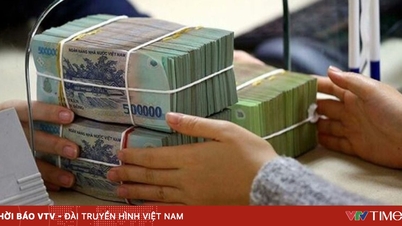


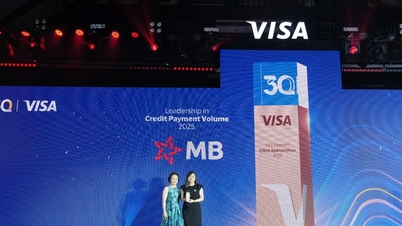

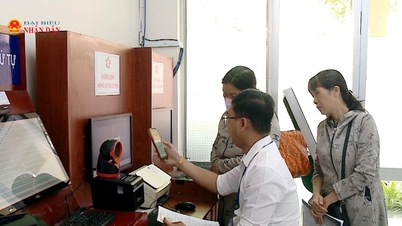




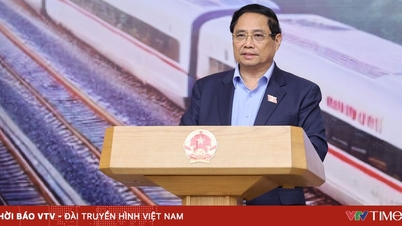

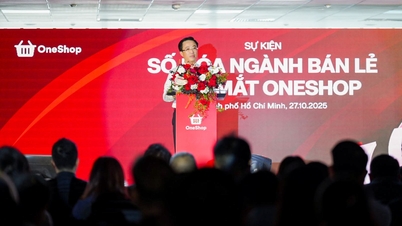
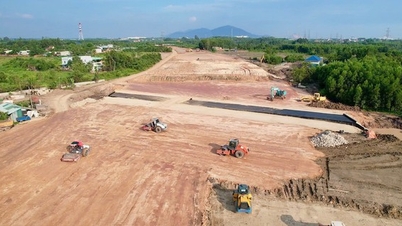





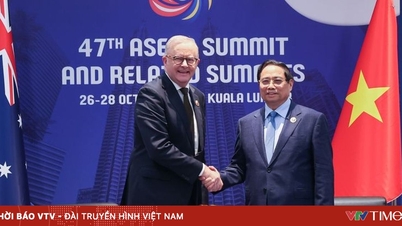
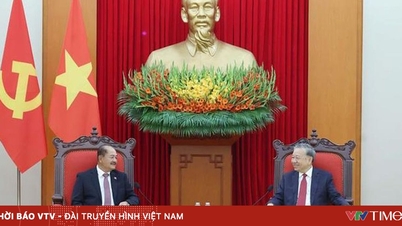


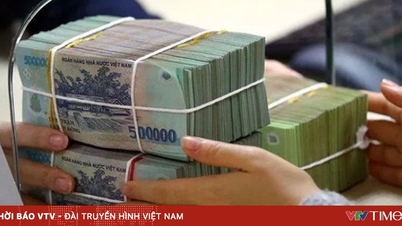






































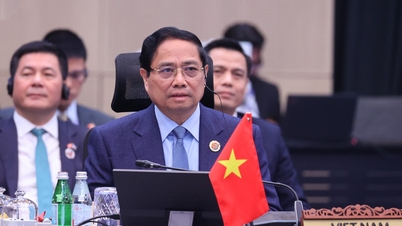









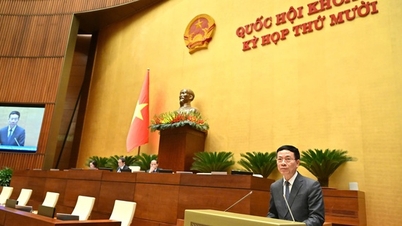







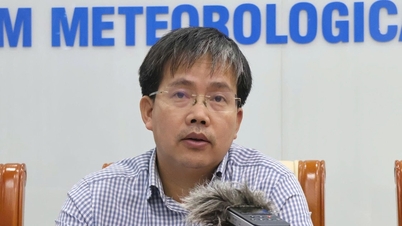























Comment (0)